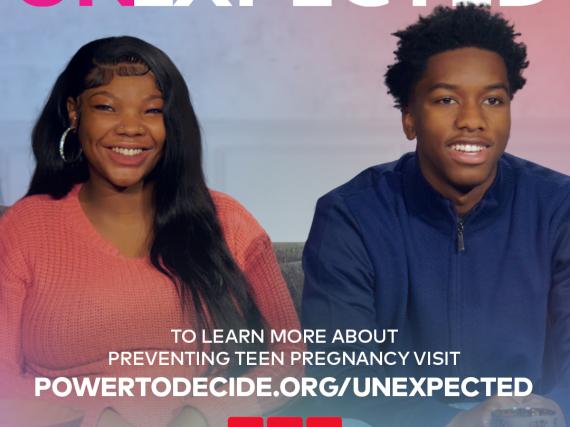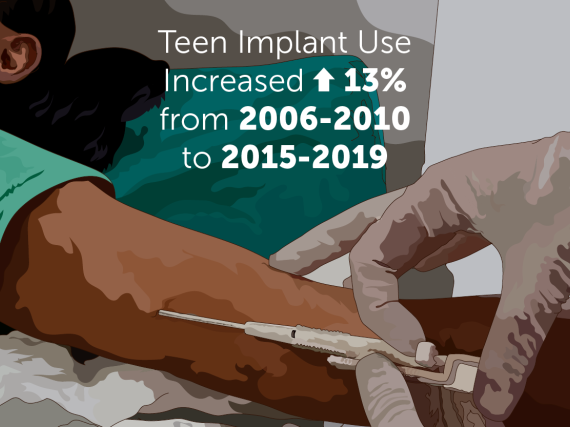Improving Health Disparities for Native American Indian and Alaska Native Populations
Unplanned pregnancy is declining for the first time in decades, however, health disparities continue to disproportionately affect many racial and ethnic groups, including Native American Indians and Alaska Natives (AI/ANs). More than 5 million Indigenous people live in the United States. Native communities are regularly overlooked and underrepresented within health care, leading to sociocultural, access-related, and other barriers to reproductive health and family planning.
Disparities in sexual and reproductive health are complex in nature. Socioeconomic factors such as poverty, inadequate access to health care, lack of education, and cultural influences directly impact how and why marginalized groups experience higher rates of disparity. In fact, the most recent CDC data from 2017 reports that the birth rate for AI/AN teens was higher than any other race or ethnicity. In order to address these challenges, we must first acknowledge the many factors contributing to poor health outcomes in Indigenous communities.
Access to timely and reliable data specifically focused on AI/AN populations in the areas of family planning, contraceptive use, and sexual violence/sexual experiences is crucial. This data informs evidence-based programmatic decision making and implementation. It also assists in the development of policies aimed at increasing reproductive health literacy, which reduces teen birth rates and unplanned pregnancy.
Currently, the US Department of Health and Human Services (HHS) TPP Evidence Review offers a variety of programs and resources focusing on sexual education, youth development, abstinence education, and clinic-based programs for diverse populations. In addition to these prevention programs, young people need support from parents, allies, mentors, and other champions who play an important role in helping them make healthy choices about sex and birth control.



